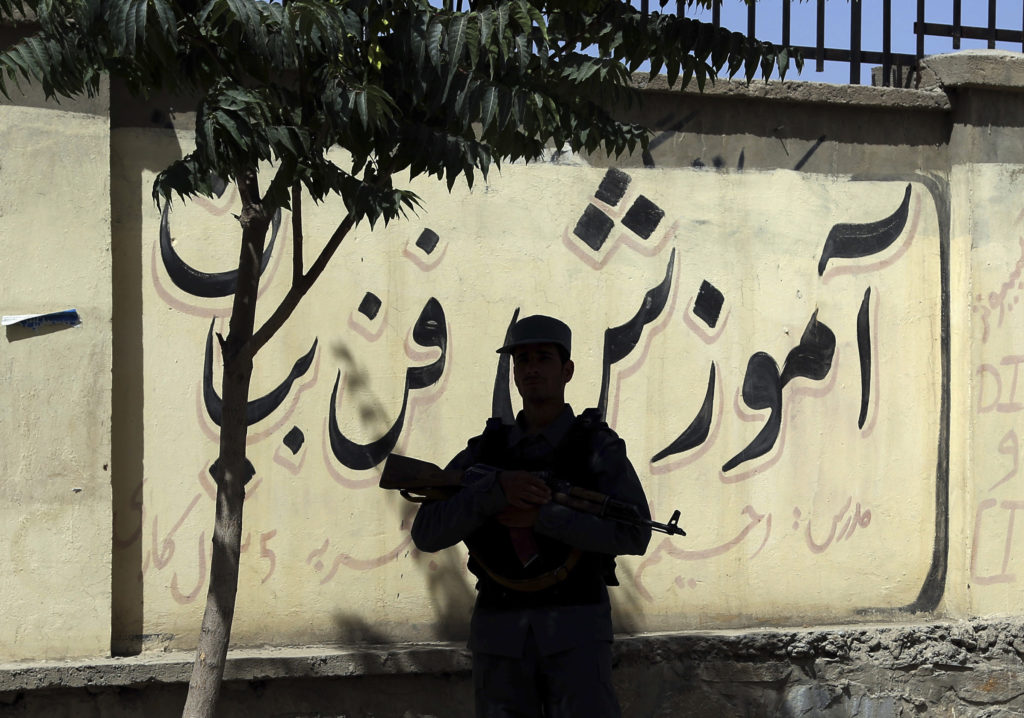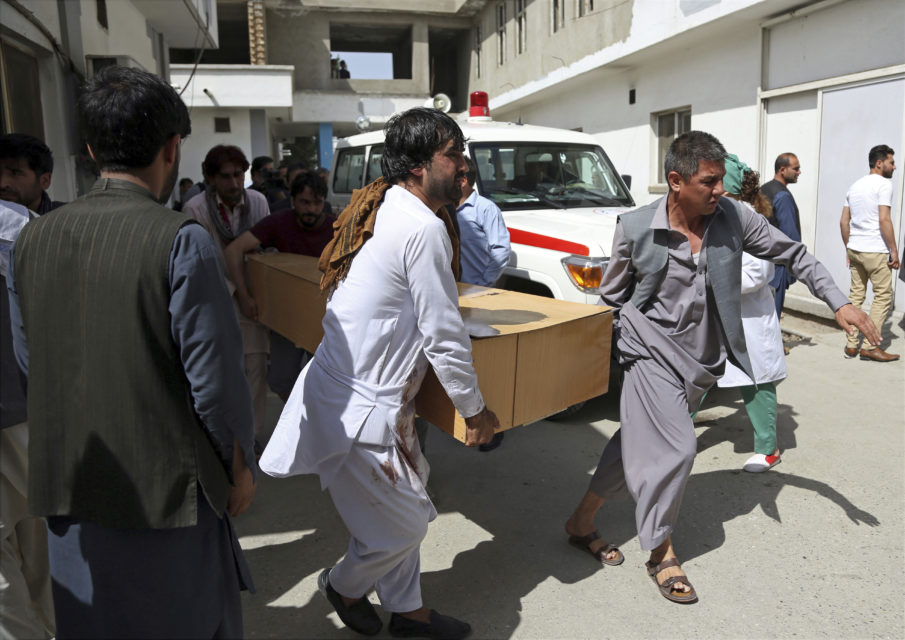The president of Afghanistan, Ashraf Ghani, recently announced a cease-fire between themselves and the Taliban. The proposed truce is not meant to be lasting, just to span from 12 to 19 June. In a tweet, Ghani said that, “This ceasefire is an opportunity for Taliban to introspect that their violent campaign is not winning them hearts and minds but further alienating the #Afghan people from their cause.”
The U.N. Security council urged the Taliban to accept the cease-fire, “without any preconditions and without the threat of violence.”
The Taliban did not confirm the cease-fire for the entirety of those dates, but they did agree to a cease-fire that would last three days long. The truce would extend over Eid-al-Fitr (often known as ‘Eid’ for short), a holiday that signals the end of Ramadan. This is a one day holiday for many places in the world, but in Afghanistan it is three days long; this year it will go from June 15 to 17, and that is the duration of peace that the Taliban have promised.
The Taliban made sure to clarify that while their hostility toward the Afghan government and its people will temporary halt, they will make no such promises to foreign forces, referring to NATO troops, and particularly the United States.
We are pleased that the Taliban have accepted our ceasefire declaration for Eid. This is the first break in 23 years and we ask for your support to utilize the window for moving forward with intra-Afghan peace talks.
— Ashraf Ghani (@ashrafghani) June 10, 2018
Though these apparent olive branches may make some feel hopeful, it certainly does not seem to be marking the end (or even a slow down) of the violence between the two entities. In fact, the Taliban have increased in violent attacks in the recent days that are leading up to the period of truce.
Most significantly, the Taliban recently launched a large offensive in the Kohistan district of the Kapisa province in northeast Afghanistan. Hundreds of fighters swarmed government positions — though the numbers of the killed and wounded are still fluctuating as information comes in, it has been confirmed that the district governor Mohammad Panah perished in the attack.
On 12 June the Taliban overran a town in the district of Faryab, northern Afghanistan. They killed eight people. These are just a couple of the most recent attacks.

President Ghani was clear that the temporary peace would extend to the Taliban, but it would not extend to ISIS-K, the ISIS cell attempting to gain a foothold in Afghanistan. ISIS-K is at odds against both the Afghan government and the Taliban, which has made it very difficult for them to make serious progress in the country. Still, they have conducted numerous terror attacks, particularly on the Afghan government and in high population centers, including attacks against police, military and civilian targets alike.
But what can a promise of temporary peace offer, even if it is upheld? If the fighting just restarts again, it stands to reason that any progress made will be immediately lost, and that those precious days could have been used to continue the war effort and push that much further toward a military victory. This unrelenting use of military force has been the strategy, in one way or another, for the duration of the war.
However, this truce is the first of its kind. While it will almost certainly not stave off future fighting, it may indicate the upcoming changes in the conflict. These changes are some of the first that all parties involved have expressed a desire to work toward — that includes United States officials, the Afghan government and the Taliban.
This plan, alluded to by Secretary of Defense Mattis earlier in the year, involves the Taliban becoming a recognized political party within Afghanistan, but not being installed as the primary force in government (and thereby not allowing Sharia law across the board). The United States will not be on friendly terms with the Taliban, but they don’t have to be. As Mattis put it, all parties involved must work “to achieve a reconciliation — a political reconciliation, not a military victory.”
And so, while the violence may seem to remain the same in the short-term, these may be steps toward a plan congruent with the agendas of all nations and parties involved.
Featured image: Relatives carry the coffin of a victim after a deadly suicide attack, in Kabul, Afghanistan, Monday, June 11, 2018. Afghan officials said a suicide bomber on foot struck the Rural Rehabilitation and Development Ministry as employees were leaving work in the capital, killing at least 12 people and wounding over 30 days before the start of a holiday cease-fire with the Taliban. (AP Photo/Rahmat Gul)










COMMENTS